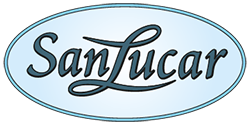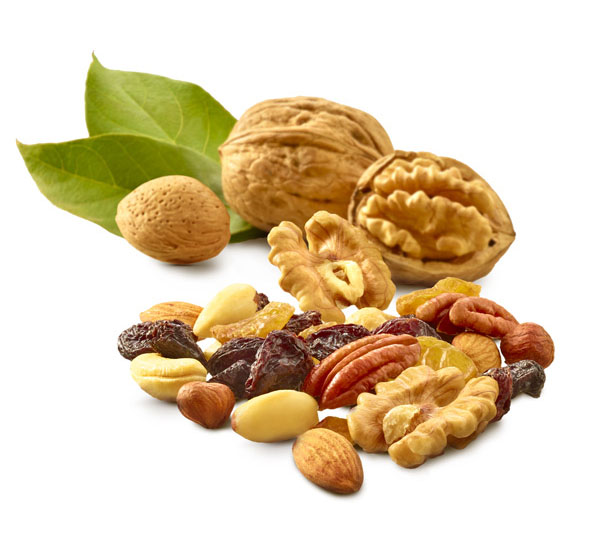Paleo, low-carb, no carb, low fat, keto, glyx, Atkins, interval fasting or pescetarian – there are so many different diets. It seems like every week a new trend pops up. How are you supposed to keep track of them? On top, it’s not so easy to find the right diet for you and to stick to it. But you can also eat a good and healthy diet without stress and strict guidelines. How? We’re going to tell you here.
Lots of these:
Fresh fruit and vegetables should be an integral part of your daily diet. The rule of thumb is: three portions of vegetables and two portions of fruit per day. That’s quite clear. Fruit and vegetables are rich in minerals, secondary plant substances and fiber. In addition, most vegetables are low in calories and won’t go on your hips.
Especially recommended:
Berries may be small, but they’re huge! Not only do they taste delicious, they also contain many good substances that have an antibacterial, antioxidant and blood pressure regulating effect. They also have less sugar than other types of fruit and are therefore also suitable for diabetics.
Nuts and seeds are small powerhouses. They provide fiber and many valuable, unsaturated fatty acids and thus protect the heart, vessels and nerves.

Use moderately:
The body also needs carbohydrates. They are an important and fast supplier of energy and especially our brain benefits from them. Researchers at Tufts University in the United States found that people who did not consume carbohydrates had poorer memory performance than those who did. Carbohydrates are found in many types of fruit, but also in bread, pasta, cornflakes and muesli. Whenever you have the choice, choose whole grain products for bread and pasta.



Leave a comment